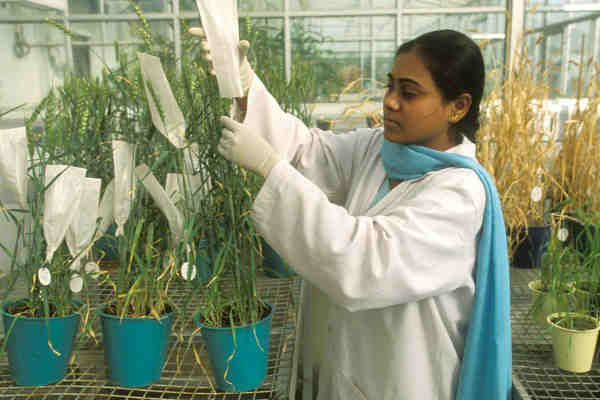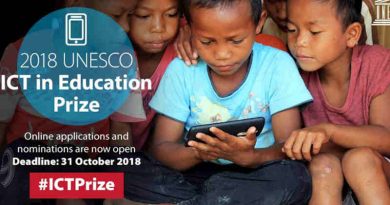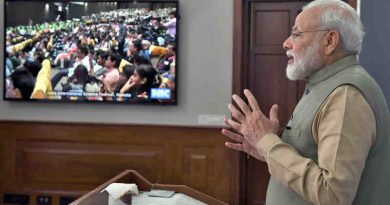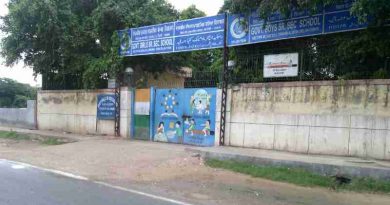How Science Helps Us Achieve Peace and Development

Each year, World Science Day for Peace and Development offers an opportunity to demonstrate why science is relevant to people’s daily lives and to engage them in debates on related issues.
In 2016, the celebration focuses on science centres and science museums to highlight their important contribution to science communication.
UNESCO suggests that citizens’ participation in governance is the core of democracy and an indispensable prerequisite for the empowerment of people.
Science communication is crucial for public participation and engagement and in this regard, science centres and museums’ role goes beyond providing information on scientific issues.
[ World Cities Day: How India Is Destroying Its Cities ]
They are places where people can come together and explore the very mysteries that make up our world.
They are fostering creativity, increasing scientific literacy, supporting teachers to inspire their students in STEM, improving the quality of science education and promoting learning experiences within a social context.
They also are changing possible negative perceptions of the impact of science on society, thus attracting youths to science careers and encouraging them to experiment and expand our collective knowledge.
[ Only 28% Women Researchers in the World: UNESCO ]
Proclaimed by the UNESCO General Conference (Resolution 31C/ 20) in 2001, the World Science Day for Peace and Development is an annual event celebrated all over the world to recall the commitment made at the UNESCO-ICSU World Conference on Science (Budapest 1999).
The purpose of the World Science Day for Peace and Development – celebrated on Nov. 10 – is to renew the national, as well as the international commitment to science for peace and development and to stress the responsible use of science for the benefit of society.
The World Science Day for Peace and Development also aims at raising public awareness of the importance of science and to bridge the gap between science and societies.




